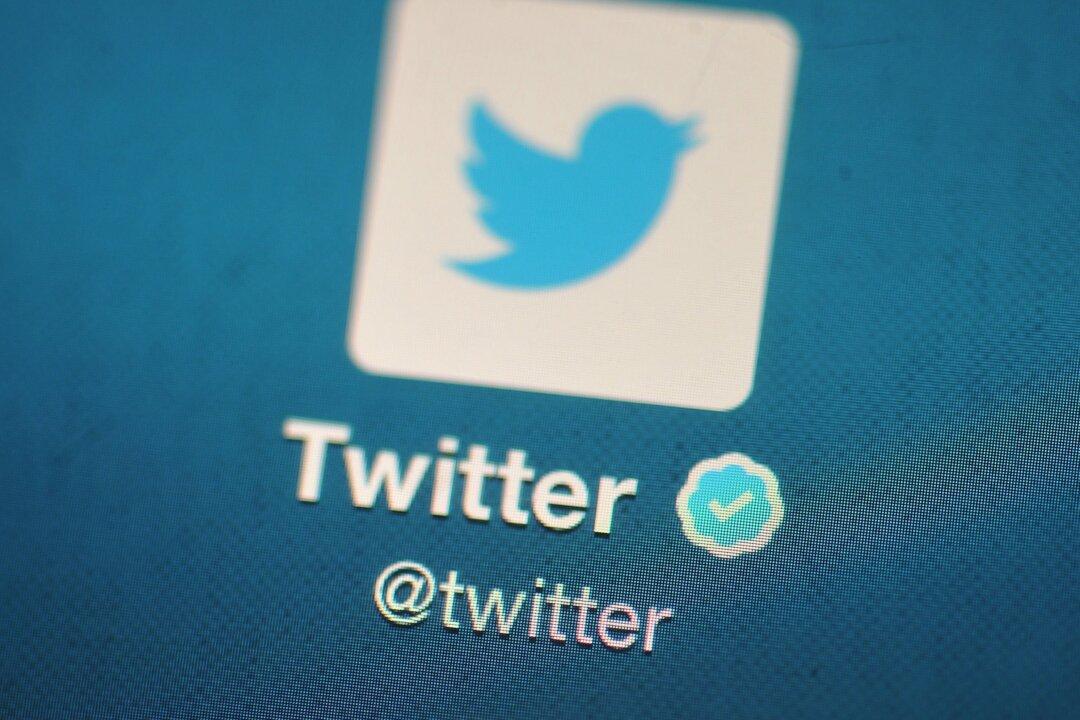Commentary
No, I’m not going to do yet another parody of Hamlet’s famous soliloquy. Since there have been so many, I would have to do an especially good one, and I don’t have anywhere near the confidence to think that I can.

No, I’m not going to do yet another parody of Hamlet’s famous soliloquy. Since there have been so many, I would have to do an especially good one, and I don’t have anywhere near the confidence to think that I can.